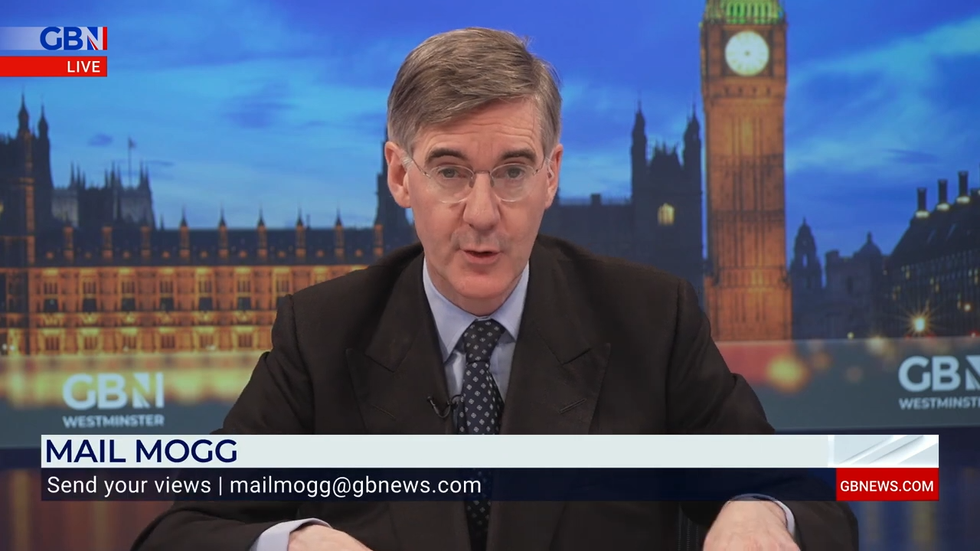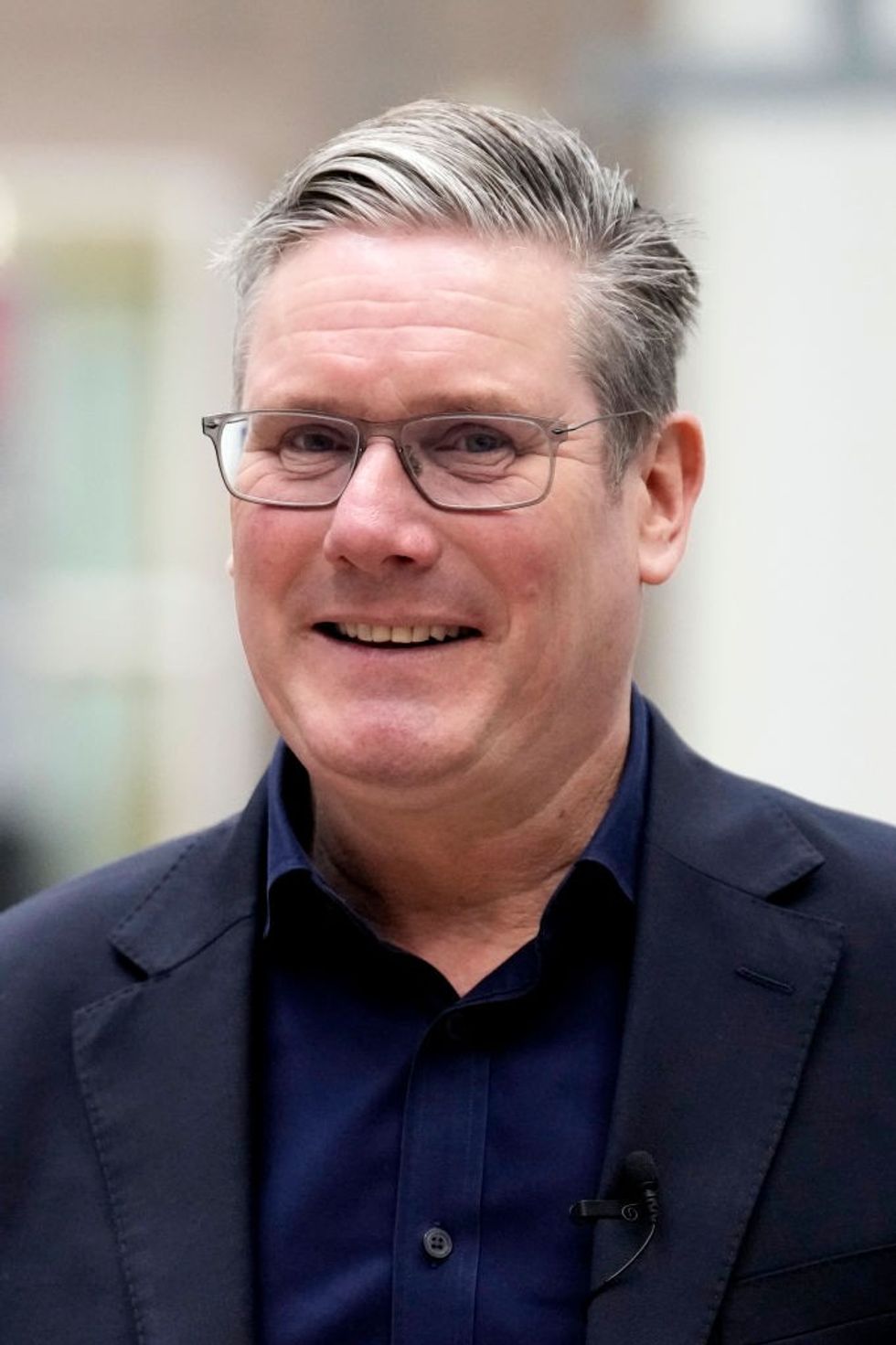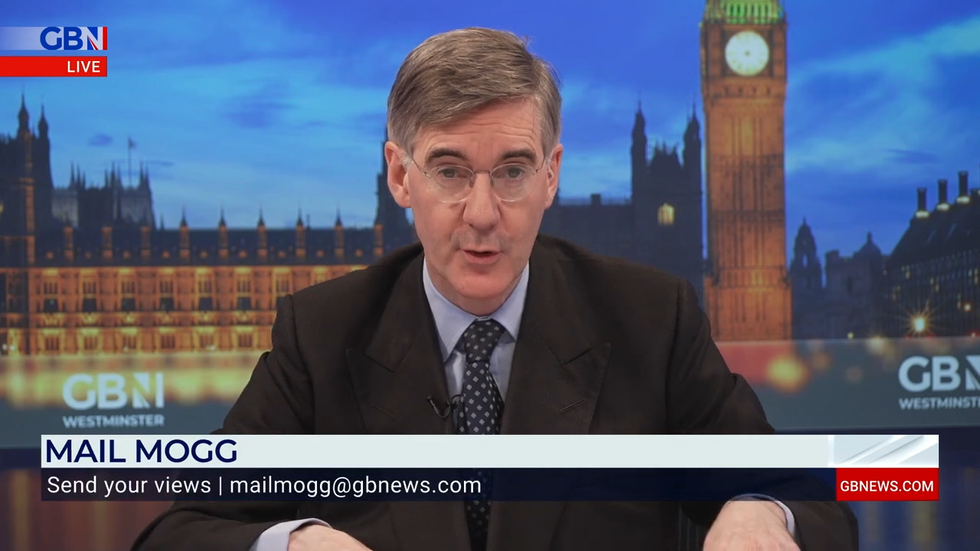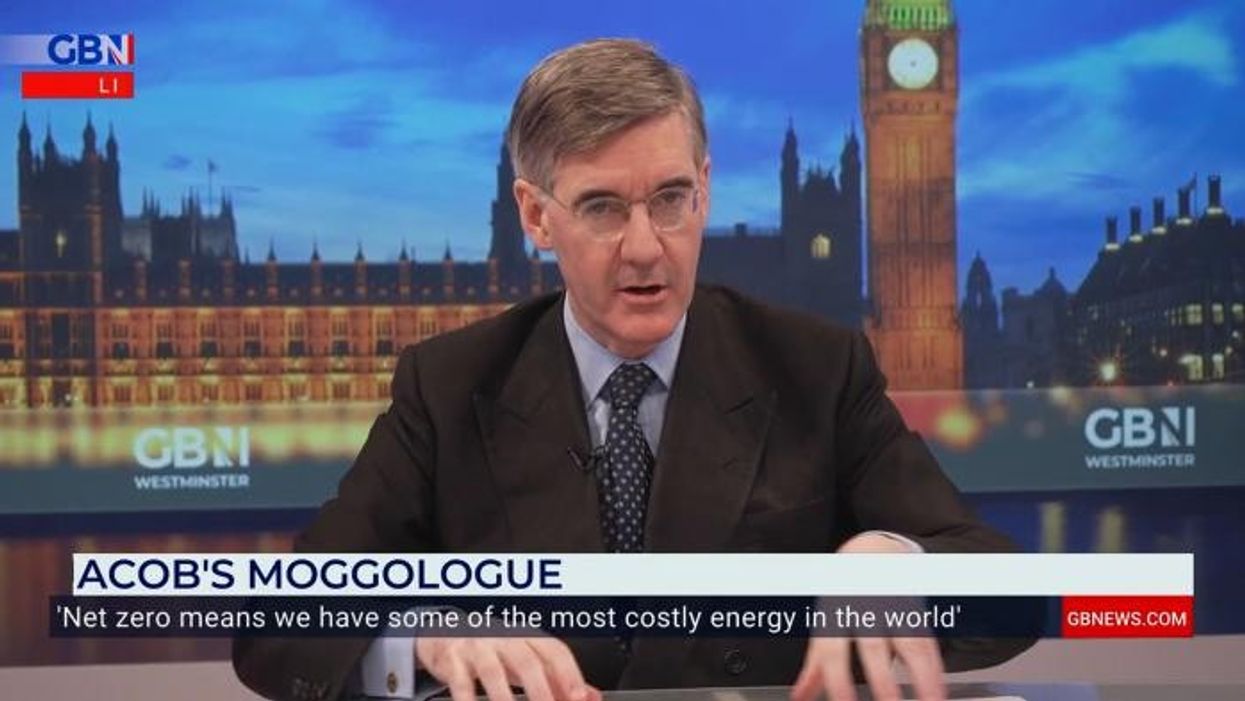'Labour's 2030 decarbonisation plans are a fantasy', claims Jacob Rees-Mogg

The Prime Minister said that Britain will build new gas power stations, as he vowed not to risk blackouts to achieve net zero
Don't Miss
Most Read
Latest
The net zero fallacy means we have some of the world's most expensive energy. Cost per kWh in the UK is $0.44, in the United States $0.17, in China $0.08, and in India again $0.08 per kWh.
At the heart of Britain's energy infrastructure is a fundamental untruth. The untruth is that net zero is affordably achievable. It is not Net Zero. The push towards it, the budget towards it is making us cold and poor.
The Prime Minister has recognised that it could get worse without today's announcement of the continuation of old gas power stations as well as the building of new ones as a means of preventing blackouts.
This news is certainly welcome and I'm pleased to see he accepts the unreliability of renewable energy and how it increases the risk of blackouts.
Mainly because the sun doesn't shine enough in Britain and there's plenty of time when the wind doesn't blow either, often when demand is at its highest.

Jacob Rees Mogg slammed it as a "fantasy"
|GB News
He's right to point out that the Labour Party's plans to decarbonise the grid by 2030 are a fantasy that really would expose us to the real prospect of blackouts.
But as Ross Clark in The Spectator today has pointed out, this plan isn't much better.
Under the Conservatives, the grid is to be decarbonised by 2035, a mere five years later than Labour's fancy plan.
So if we need gas power stations to meet the failure of supply from renewable energy now and in six years' time, what makes any difference in 11 years' time? The answer is very little.
We may have developed some energy storage technology or some carbon capture, but the point is that he is effectively proposing, continuing and building new gas power stations, only for them to be out of use in a few years.
Unless the Prime Minister, or Sir Keir Starmer for that matter, has plans for Britain to be moved to Iceland during the summer when the sun always shines, and the equator during the winter, whilst also ensuring that it's always windy, the grid decarbonising strategy cannot work at an affordable price.

Net Zero is a key policy of the Labour Party
| GETTYWe will always need a reliable form of energy, such as gas, to shield us from these moments where renewables fail.
And even before decarbonisation, when we're willing to use the gas power stations, there's another fundamental untruth at hand.
This stop start system makes gas more expensive. If you run gas power stations the whole time, they are cheaper and more efficient.
The intermittency when you have renewables coming in and out makes the cost higher because they have to get up to full speed and then be wound back down again.
And this is the hidden subsidy of renewables that underpins that $0.44 a kWh compared to 17 in the United States.
These operating costs are inevitably passed on to you.
So it's only when this Net Zero untruth is fully recognised by our leaders that we will be able to ensure British people have cheap energy. And it's interesting indeed.

Jacob Rees Mogg spoke about his views on Net Zero
|GB News
It's rare for our non-democratic institutions, the quangos, regulators, experts, or committees to engage in thought that breaks with consensus bureaucratic orthodoxy.
So when it does happen, it's worth listening to. That's why it's so important and interesting that Ofgem, the energy regulator, has affirmed what we knew to be true, that net zero hits the poorest in society in the hardest because they spend more of their displaceable income on energy than the richest in society.
What we need is a sensible energy policy that prioritizes cheap energy for you and industrialisation as well.
We therefore need indefinitely to postpone the Net 2050 pledge until other countries catch up.
Otherwise, Britain will be fastened to a cold and poor future as ever.











